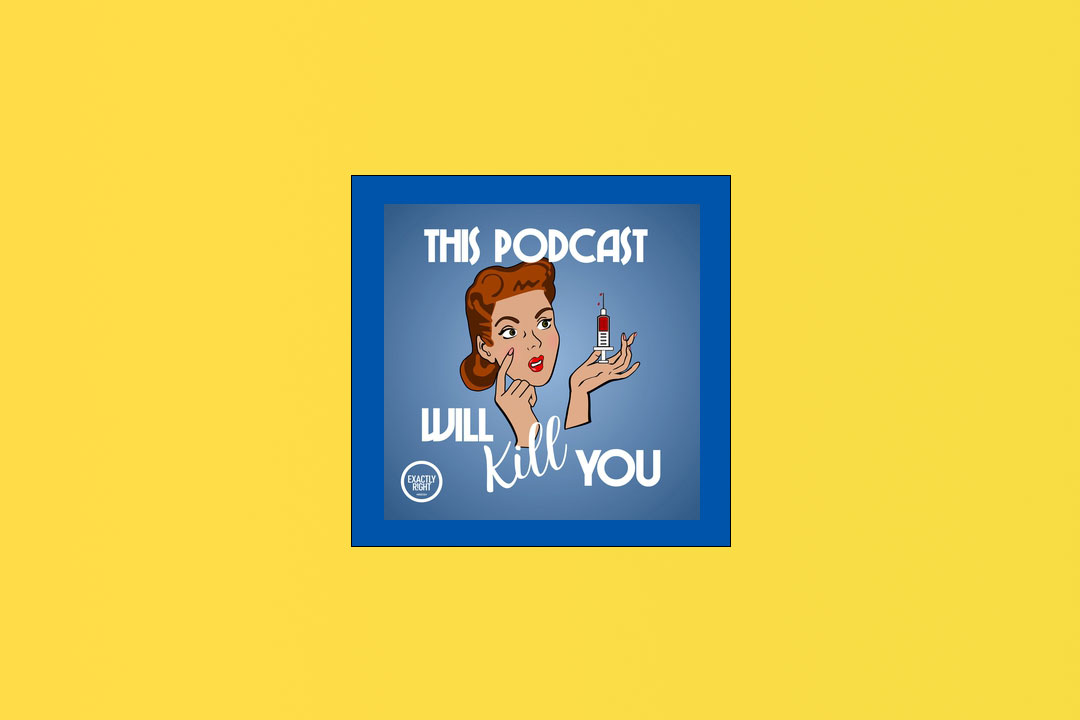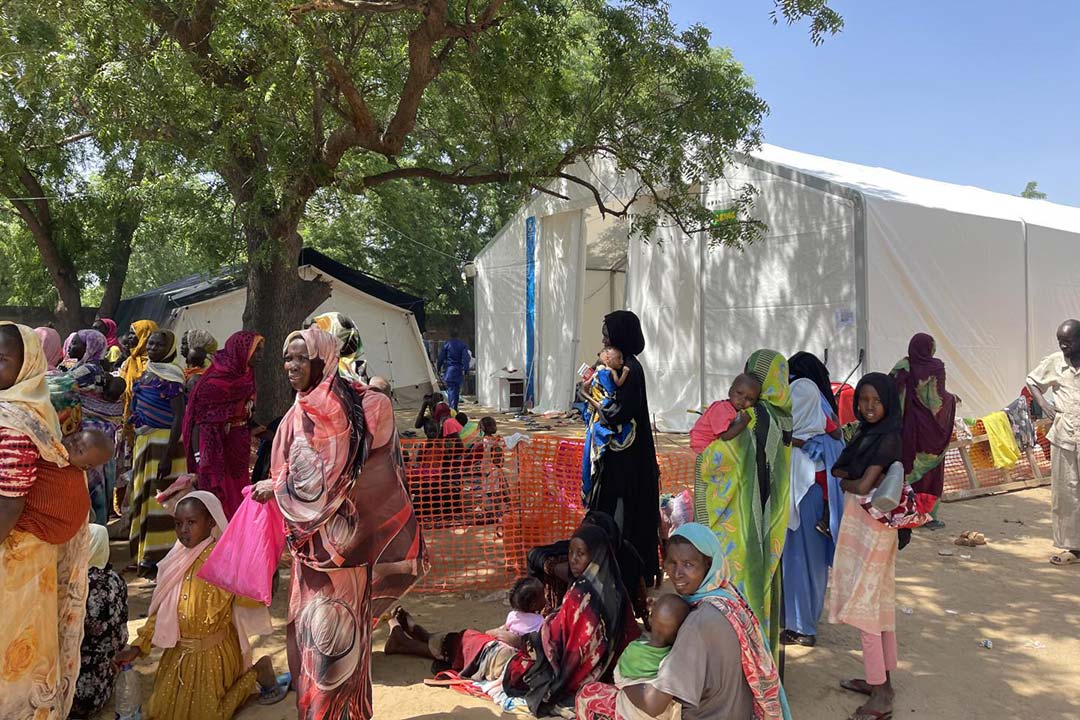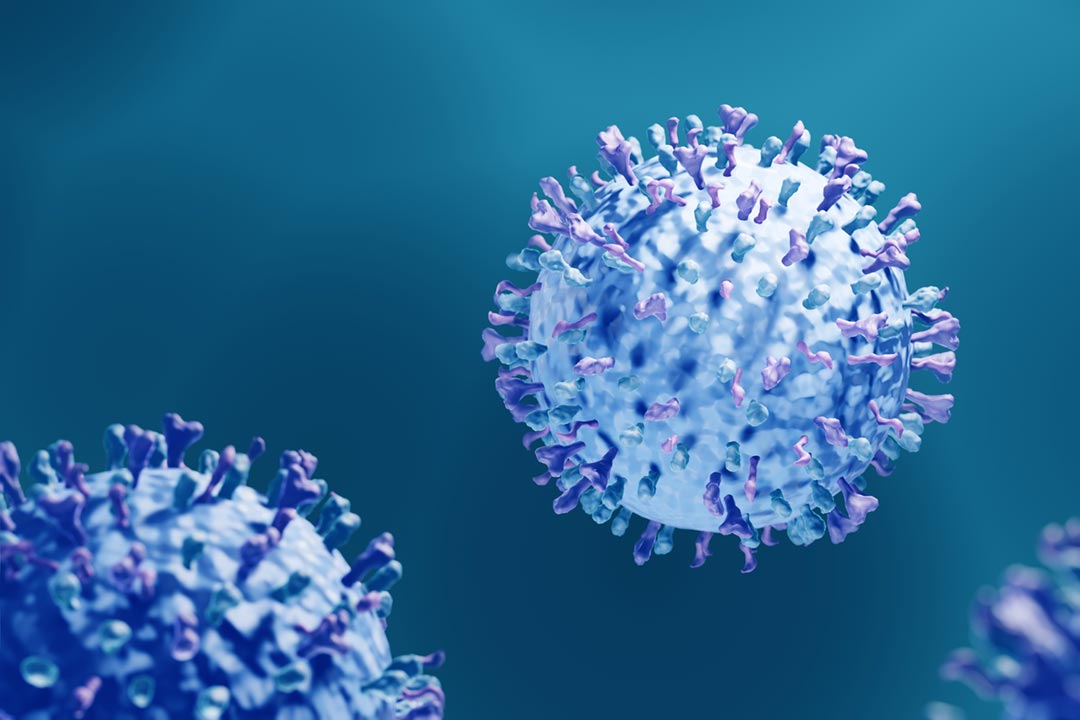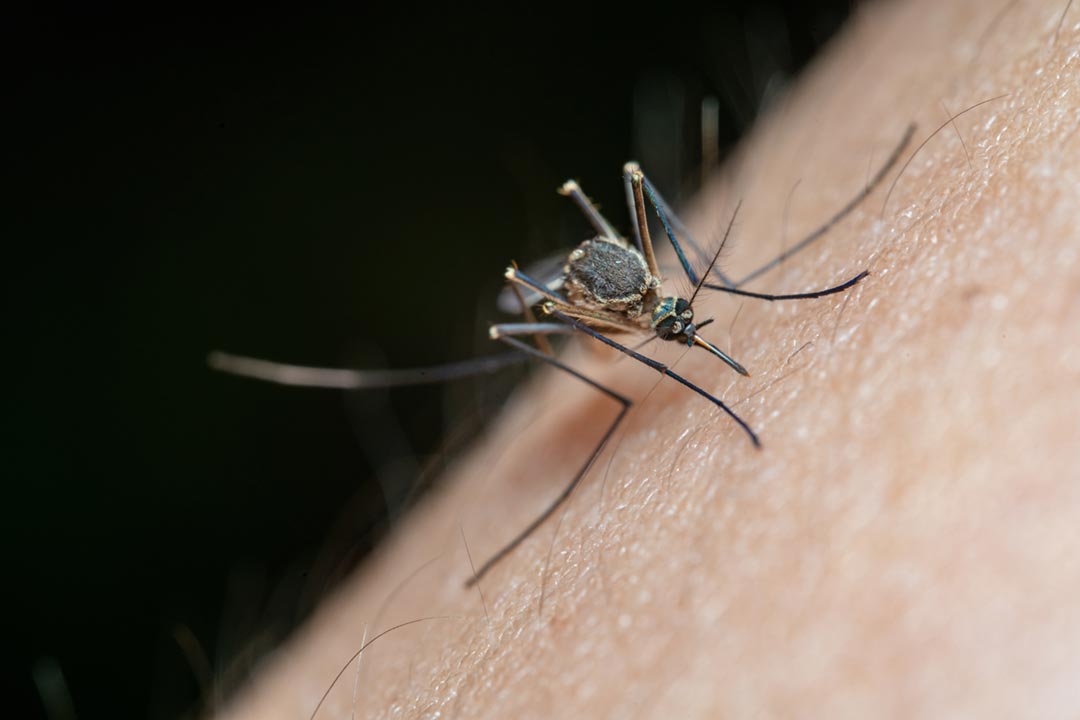Is it possible to get COVID-19 more than once?
What do the first confirmed cases of reinfection with COVID-19 mean for the rest of us and future of this pandemic?
- 28 August 2020
- 4 min read
- by Ciara McCarthy
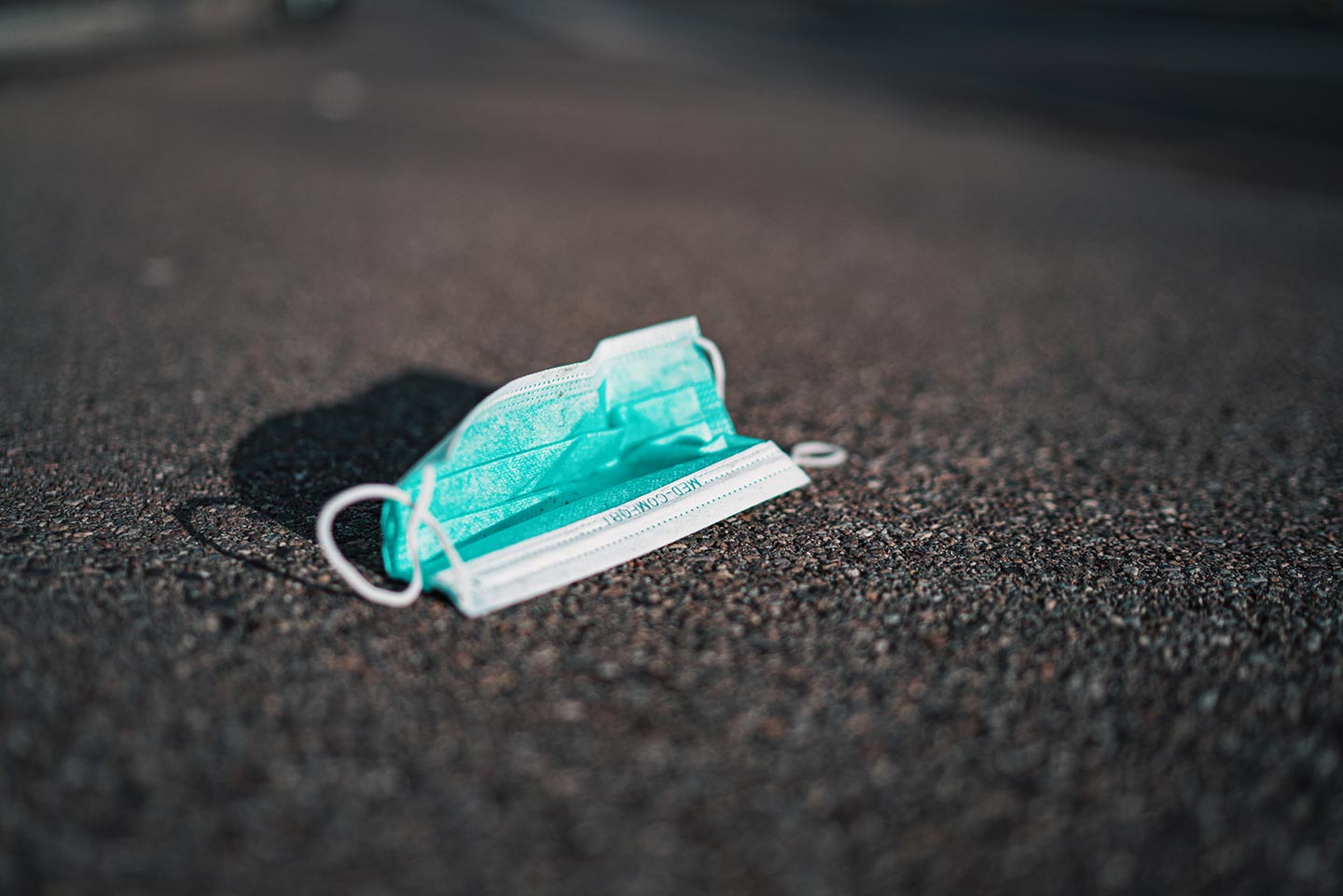
Reports of the first confirmed cases of COVID-19 reinfection have caused shockwaves this week. Previously, at the start of the pandemic, a number of reports of people appearing to become reinfected with COVID-19, having previously had the disease, were later dismissed as more likely being people with residual virus particles from the original infection relapsing. However, now, these new findings raise legitimate concerns about what reinfection could mean for the future trajectory of the pandemic and for hopes of bringing the pandemic under control with a vaccine. So what do we know so far?
Longitudinal studies, which follow the same people over time, suggest that antibody levels are maintained for at least a few months.
What happened?
On the 15 August a 33-year-old man returned to Hong Kong from Spain on a flight via the UK. The man had been hospitalised with COVID-19 back in March. Yet when he was routinely tested for COVID-19 at Hong Kong airport, he tested positive.
Scientists compared the gene sequences of the viruses responsible for each episode and detected enough differences to confirm that the man had been infected twice. This illustrates the value of molecular surveillance, or sequencing of the virus genome from individual cases, which can help scientists looking to track how the virus has spread.
It’s a single observation
As stressed by Dr Maria van Kerkhove, the World Health Organization’s (WHO) COVID-19 Technical Lead, in the WHO briefing on Monday, we need to be careful not to jump to any conclusions. Over 24 million cases of COVID-19 have been reported worldwide, and this is just one confirmed case of reinfection. Studies with a much bigger sample size would be needed before we can make any predictions about what this could mean for the future of the pandemic and COVID-19 vaccines.
Other studies looking at immunity to COVID-19 have found that most people develop a robust immune response. Longitudinal studies, which follow the same people over time, suggest that antibody levels are maintained for at least a few months. However, based on evidence from other coronaviruses, it is likely that these antibody levels will wane over time - immunity to the coronavirus that causes the common cold is known to wane within a few months. Yet antibodies are only part of the complex immune response that is set into motion when a person becomes infected with SARS-CoV-2, and we still have a lot more to learn.
Read more: #VaccinesWork
What do we mean by immunity?
Whether or not someone is immune to COVID-19 is not a binary question. Even if antibody levels wane enough to allow for reinfection, your immune system may still be sufficiently prepared to mount a much stronger response to a second infection than it did the first. This could mean that people experience milder symptoms the second time around. In the case of the man at Hong Kong airport, the second infection was asymptomatic – he did not show any symptoms at all.
What does this mean for the future of the pandemic?
An important next question to answer would be whether or not the man was transmitting the virus to others during his second infection. If people experience milder symptoms after reinfection, it may not present a major risk for them as an individual. However, if they are still infectious, it could mean that the virus continues to spread even when a significant proportion of the global population have already been infected, making it harder to detect and control.
What would this mean for a vaccine?
Reinfection could have an impact on who needs to receive the vaccine: those who have already been infected may need to be included in vaccination campaigns. It could also impact how often people need to be vaccinated in order to maintain protection and could suggest that vaccines designed to target a particular strain may be less effective as the genetic sequence of the virus changes over time. Yet, current evidence suggests that most people develop a robust immune response. Vaccine immunity can also differ from natural immunity, so we will need to know more about the properties of different vaccines and the immune response they generate before we can draw any conclusions about how the possibility of reinfection might affect vaccination strategies.
Since the Hong Kong case, two more cases of reinfection have been reported in Europe, in the Netherlands and Belgium. These cases studies represent important research findings that clearly warrant further investigation, but it is still far too early to tell whether reinfection will play an important role in how the pandemic progresses. Even so, it may have implications for how we behave as individuals. Even if you have already had COVID-19, it will continue to be important to keep maintaining physical distancing measures, to wear a mask and follow other local advice. Because even if you are confident you have already had the virus and even if you have no symptoms, you could still unknowingly be putting others around you at risk.
